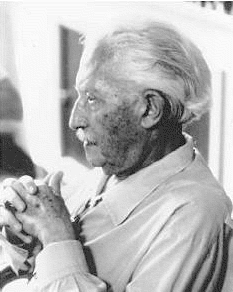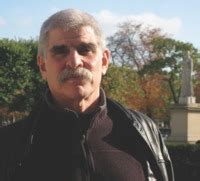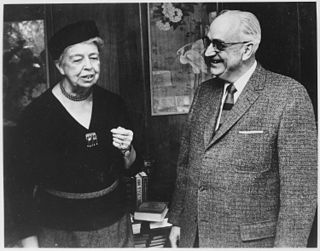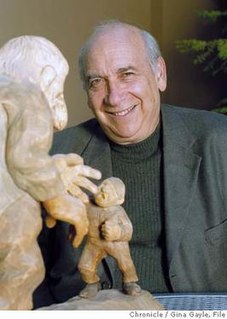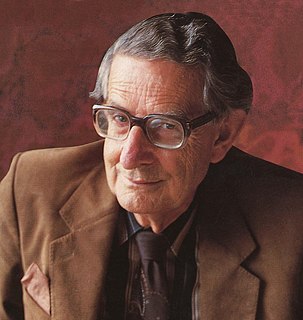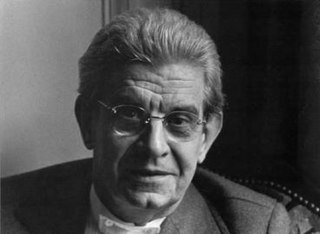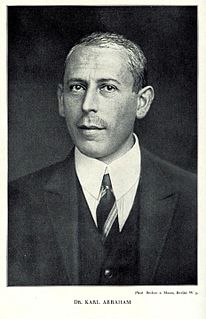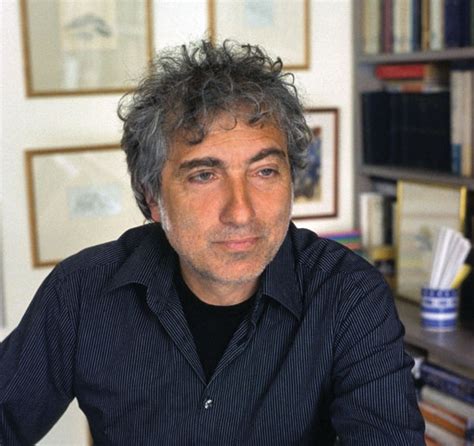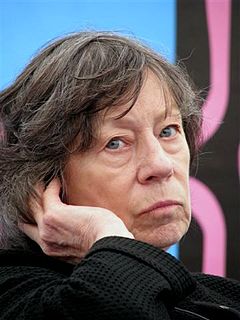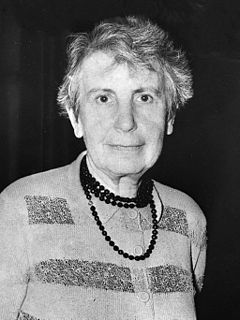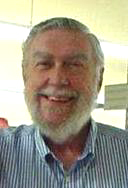Top 36 Psychoanalytic Quotes & Sayings
Explore popular Psychoanalytic quotes.
Last updated on April 14, 2025.
All plays stem from personal experience. I was reading psychoanalytic lit for a couple of years, obsessively, in depth, and I got involved in analyzing everyone around me. . . . Eventually, all my friends' eyes began to glaze over when I started talking this way, and I got the hint that there might be something comical in it.
Freud expressed the opinion-not quite in earnest, though, it seeemed to me-that philosophy was the most decent form of sublimation of repressed sexuality, nothing more. In response I put the question, 'What then is science, particularly psychoanalytic psychology?' Whereup on he, visible a bit surprised, answered evasively: 'At least psychology has a social purpose.'
In early psychoanalytic thought, narcissism was - and still, of course, is - self-love. The early psychoanalysts used to talk of libido directed at the self. That now feels a little quaint, that kind of language. But it does include the most fierce and self-displaying form of one's individual self. And in this way, it can be dangerous. When you look at Donald Trump, you can really see someone who's destructive to any form of life enhancement in virtually every area. And if that's what Fromm means by malignant narcissism, then it definitely applies.
The application of psychoanalysis to sociology must definitely guard against the mistake of wanting to give psychoanalytic answers where economic, technical, or political facts provide the real and sufficient explanation of sociological questions. On the other hand, the psychoanalyst must emphasize that the subject of sociology, society, in reality consists of individuals, and that it is these human beings, rather than abstract society as such, whose actions, thoughts, and feelings are the object of sociological research.
Brazil obviously connotes something in my mind to do with desire, sexuality and freedom. In fantasy, in mythology, Rio is the iconography of the imagination. In essence, we're all sex tourists. I've never been to Rio and I've never been to a psychoanalytic convention, but in a sense, Rio is symbolic of desire, some sort of ultimate ecstasy.
All in all, the communally reared children of Israel are far from the emotional disasters that psychoanalytic theory predicted. Neither have they been saved from all personality problems, as the founders of the kibbutz movement had hoped when they freed children from their parents. In any reasonable environment, children seem to grow up to be themselves. There is no evidence that communal rearing with stimulating, caring adults is either the ruination or the salvation of children.
Learning to listen, letting people finish their sentences, and most of all, the habit of noticing the difference between what people say and how they say it. {on the habits of psychoanalytic training and practice applied to fiction writing} The gap between what people tell you and what's really going on is what interests me.
Psychoanalytic categories such as "neurosis", "psychosis", "mania", and "fixation" have become part of our everyday psychological vocabulary and we now routinely interpret states of anxiety, excitement, or depression in terms of physiological factors involving levels of serotonin, adrenalin, or blood sugar. To say that the characterization of thinking has a normative function that is irreducible to neurophysiological processing is not to say that our extant classification of the forms of thinking is incorrigible.
One absolutely crucial change is that feminist film theory is today an academic subject to be studied and taught. "Visual Pleasure and Narrative Cinema" was a political intervention, primarily influenced by the Women's Liberation Movement and, in my specific case, a Women's Liberation study group, in which we read Freud and realised the usefulness of psychoanalytic theory for a feminist project.
Freud pointed out, in his Problem of Lay Analysis, that it is extremely unlikely that a young man who would throw the best years of his life into the cloistered drudgery of getting an M.D. degree, could possibly make a good psychoanalyst; so he preferred to look for young analysts among the writers, the lawyers, the mothers of families, those who had chosen human contact. But in their economic wisdom, the Psychoanalytic Institute of Vienna (and New York) overruled him.
Aided and abetted by corrupt analysts, patients who have nothing better to do with their lives often use the psychoanalytic situation to transform insignificant childhood hurts into private shrines at which they worship unceasingly the enormity of the offenses committed against them. This solution is immensely flattering to the patients -- as are all forms of unmerited self-aggrandizement; it is immensely profitable for the analysts -- as are all forms pandering to people's vanity; and it is often immensely unpleasant for nearly everyone else in the patient's life.
In my opinion, advocating, allowing and practicing psychiatric and psychoanalytic dogmas within the church is every bit as pagan and heretical (and therefore perilous) as propagating the teachings of some of the most bizarre cults. The only vital difference is that the cults are less dangerous because their errors are more identifiable.






